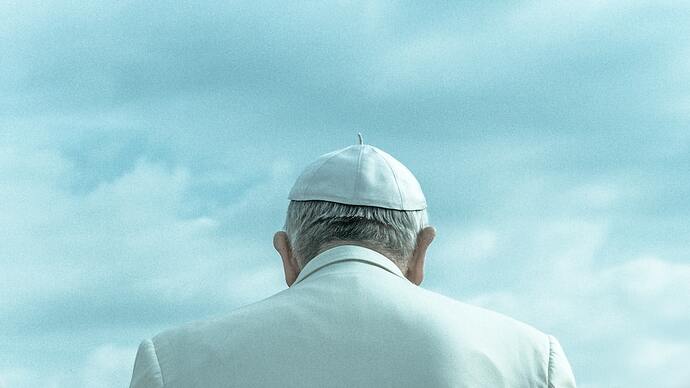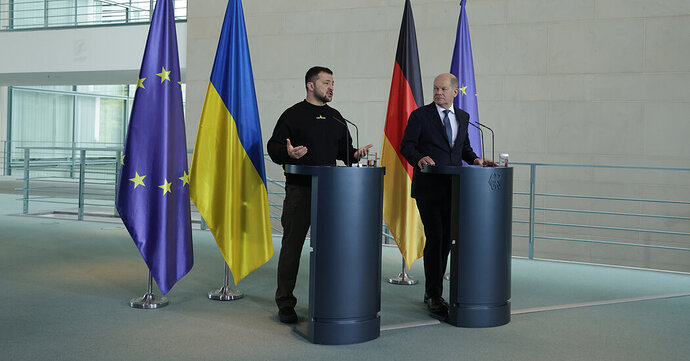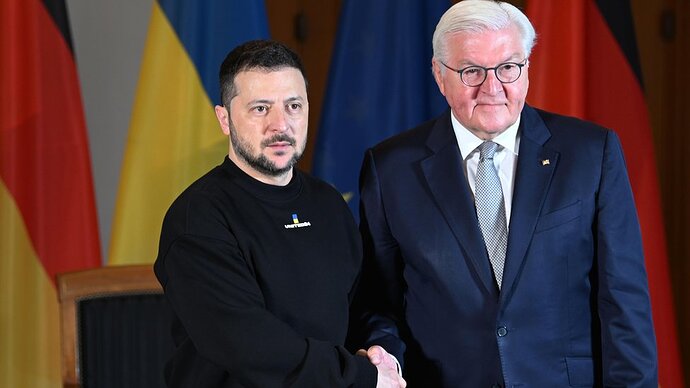Pope Francis, born Jorge Mario Bergoglio, is the current and 266th Pope of the Catholic Church. He was elected to the position on March 13, 2013, following the resignation of Pope Benedict XVI. Pope Francis is the first Pope to hail from South America and the first Jesuit Pope.
Early Life and Education
Jorge Mario Bergoglio was born on December 17, 1936, in Buenos Aires, Argentina. He was the eldest of five children to Italian immigrant parents. Bergoglio completed his studies at the Salesian College of San Miguel in Buenos Aires and later joined the Jesuit order in 1958. He studied humanities in Chile and philosophy in Argentina before earning a degree in theology from the Colegio de San José in San Miguel.
Career as a Priest
After being ordained a priest in 1969, Bergoglio went on to teach literature and psychology at Inmaculada Concepción College in Santa Fe, Argentina. Bergoglio was appointed provincial of the Society of Jesus in Argentina in 1973, a position he held until 1979. In this role, he led the Jesuit community through a difficult period of political unrest and violence in Argentina.
In 1992, Bergoglio was appointed auxiliary bishop of Buenos Aires, and two years later became Archbishop of Buenos Aires. During his time as Archbishop, Bergoglio became known for his simple lifestyle, his passion for helping the poor and his commitment to interfaith dialogue.
Election to the Papacy
On March 13, 2013, Bergoglio was elected to the Papacy, taking the name Francis. In his first public address as Pope, Francis called for a “poor Church for the poor” and called on Catholics to be “protectors of the environment.”
Pontificate
Since becoming Pope, Francis has been known for his humility and his concern for the poor. He has made several significant changes to the Vatican, including instituting an annual day of prayer for the environment, and establishing a commission to investigate the Vatican Bank. Francis has also been a vocal critic of the culture of clericalism within the church, calling on priests and bishops to be servants of the people rather than their masters.
In 2015, Pope Francis released an encyclical, Laudato Si’, on the environment and climate change, in which he called on Catholics and people of all faiths to take action to protect our shared home, the Earth. The encyclical was widely praised for its emphasis on the moral responsibility to care for the environment.
In 2016, Pope Francis announced that Holy Year, or Jubilee Year, would be dedicated to the theme of mercy. This year-long celebration provided opportunities for Catholics to experience the mercy of God in a variety of ways, including pilgrimages, confession, and acts of service to the poor and marginalized.
In 2018, Pope Francis met with survivors of sexual abuse and later apologized for not responding to the crisis sooner. He has also implemented policies to address sexual abuse within the church, including establishing a tribunal for bishops who neglect their responsibilities to protect children from abuse.
In 2019, Pope Francis convened a summit on the issue of sexual abuse within the church, calling for the church to take action to prevent such abuse and to respond with compassion and justice when it does occur.
In 2020, Pope Francis called for a global ceasefire in response to the Covid-19 pandemic, stating that “the only way to overcome this pandemic is through solidarity.” He also established a Vatican commission to study the role of women in the church, emphasizing the need to recognize and value the contributions of women.
Conclusion
Pope Francis has been a significant figure in the Catholic Church since becoming Pope in 2013. He has emphasized the need for the church to be a voice for social justice and a defender of the environment, and has worked to address the issue of sexual abuse within the church. His pontificate has been marked by humility, compassion, and a commitment to serving the poor and marginalized.
Disclaimer
6do Encyclopedia represents the inaugural AI-driven knowledge repository, and we cordially invite all community users to collaborate and contribute to the enhancement of its accuracy and completeness.
Should you identify any inaccuracies or discrepancies, we respectfully request that you promptly bring these to our attention. Furthermore, you are encouraged to engage in dialogue with the 6do AI chatbot for clarifications.
Please be advised that when utilizing the resources provided by 6do Encyclopedia, users must exercise due care and diligence with respect to the information contained therein. We expressly disclaim any and all legal liabilities arising from the use of such content.
















